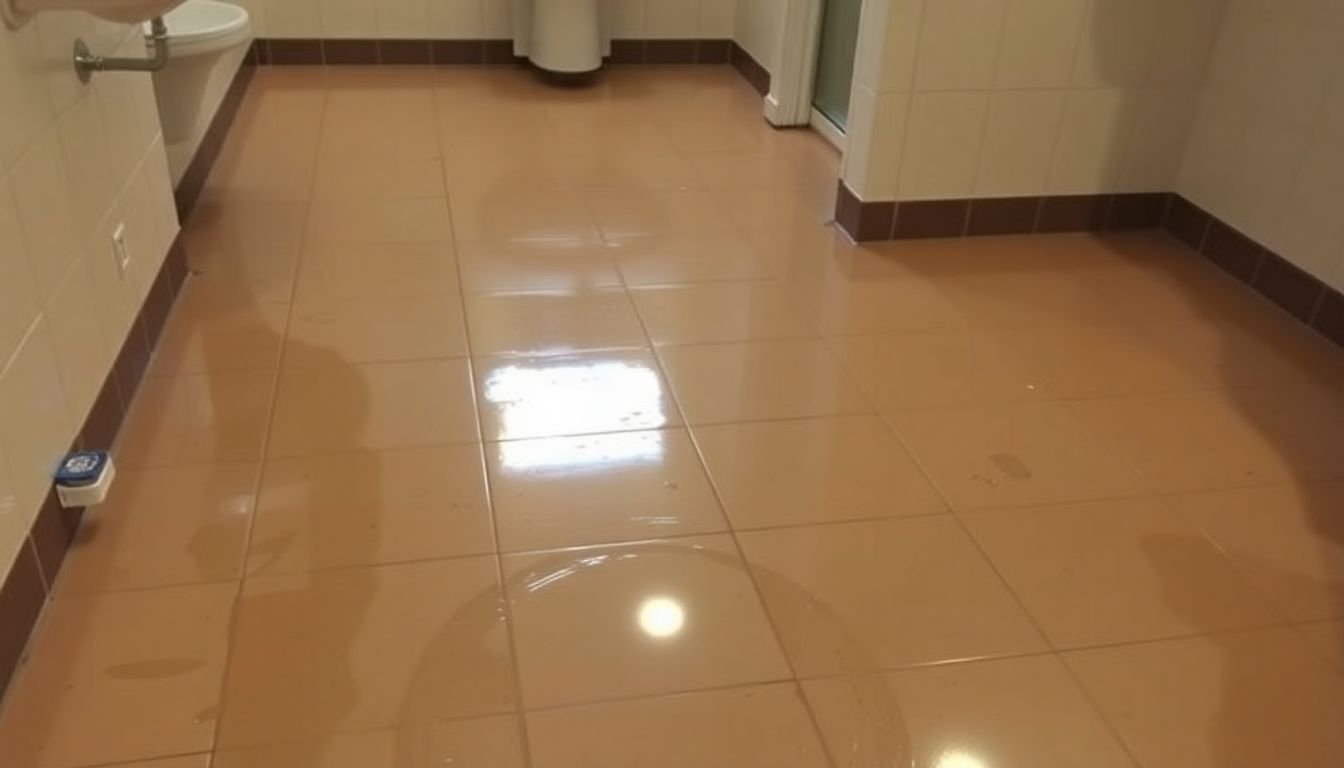Hotel accidents can ruin vacations and cause serious harm. Each year, thousands of guests suffer injuries due to unsafe conditions at hotels. This article will explain how to hold negligent hotel owners accountable for accidents.
Learn how to protect your rights and seek fair compensation after a hotel injury.
Key Takeaways
- Hotels must keep guests safe in all areas, including rooms, common spaces, and recreational zones. Owners can be liable for accidents caused by poor maintenance or lack of warnings.
- Common hotel injuries include slips and falls, pool accidents, food poisoning, and injuries from broken furniture. Guests can sue for damages if the hotel was negligent.
- To win a case, injured guests must prove the hotel knew about a danger but failed to fix it. Evidence like photos, witness statements, and incident reports are crucial.
- Hotels are responsible for their staff’s actions and the work of third-party contractors. They must train employees and inspect areas regularly to prevent accidents.
- Victims should seek medical care, document the incident, report it to hotel staff, and consult a lawyer to file a claim. Many cases settle out of court, but some may go to trial.
Common Types of Injuries at Hotels

Moving from the introduction, we now focus on the specific risks guests face during their hotel stays. Hotels often see a range of accidents that can harm visitors. Slip and fall incidents top the list, causing many serious injuries each year.
These can happen on wet floors, uneven surfaces, or poorly lit areas.
Swimming pool accidents also pose a major threat. Drowning or near-drowning events occur too often, especially when pools lack proper supervision. Food poisoning from hotel restaurants or room service is another common issue.
Broken furniture, faulty equipment, and even bed bug bites round out the most frequent hotel-related injuries. My own stay at a major chain hotel resulted in a nasty fall on a slippery bathroom floor, highlighting how quickly these accidents can happen.
Responsibilities of Hotel Owners and Operators
Hotel owners and operators must create a safe environment for guests. This duty includes regular property maintenance and hazard prevention. They need to check for dangers often and fix problems quickly.
Staff training plays a key role in guest safety. Workers should know how to spot risks and respond to accidents. Hotels must also follow all safety rules set by local and national laws.
Guest safety extends beyond just fixing problems. Hotels need plans to handle emergencies and accidents. When incidents happen, staff should act fast and keep good records. This helps protect guests and the hotel if legal issues come up later.
Smart hotel owners focus on stopping problems before they start. They invest in good lighting, secure locks, and clean, well-kept spaces. These steps help keep guests safe and happy during their stay.
Duty of Care and Negligence in Hotel Liability Cases
Hotels must keep guests safe. This duty of care means they must fix or warn about dangers. If they fail, they may be negligent. Guests can sue for injuries caused by the hotel’s carelessness.
Courts look at whether the hotel knew about the hazard and if the accident was foreseeable. They also check if the hotel took steps to prevent harm.
A hotel’s duty of care extends beyond providing a bed for the night; it encompasses ensuring the safety and well-being of every guest.
Proving negligence requires showing the hotel breached its duty. This could mean not fixing a broken step or failing to clean up a spill. It also includes not having proper security to stop crimes.
Guests must prove the hotel’s actions or lack thereof directly caused their injury. Hotels can defend themselves by showing they took reasonable care to prevent accidents.
Liability for Accidents in Common Areas
Hotel owners must keep common areas safe for guests. This includes lobbies, hallways, elevators, and parking lots. If a guest gets hurt in these areas due to poor upkeep, the hotel may be liable.
Slip and fall incidents are a common type of accident in shared spaces. Guests who suffer injuries from such accidents may seek money for their losses.
The cause and details of an accident decide who is at fault. Hotel owners, managers, and staff could be held responsible for injuries in common areas. To win a case, injured guests must show the hotel failed to meet its duty of care.
This means proving the hotel knew about a danger but did not fix it in time to prevent harm.
Liability for Accidents in Guest Rooms
Hotels must keep guest rooms safe. They have a duty called “innkeeper’s duty” to protect guests from harm. This duty covers many risks in rooms. Guests can get hurt from falls, broken furniture, or health issues from pests.
If a guest gets hurt, the hotel might have to pay for their medical bills and pain.
Hotels are also responsible for what their workers do in guest rooms. This is called vicarious liability. If a staff member causes an accident while working, the hotel can be held accountable.
To win a case against a hotel, guests must prove four things: the hotel’s duty, a breach of that duty, that the breach caused harm, and that there were damages. Talking to a lawyer can help injured guests understand their rights and options.
Liability for Accidents in Recreational Areas
Moving from guest rooms to recreational areas, hotel liability extends to spaces like pools and gyms. Property owners must ensure safety in these zones too. Slip and fall incidents often happen near pools or in fitness centers.
Hotels need to check these areas often for dangers.
I once saw a hotel guest slip on wet tiles near a pool. The hotel hadn’t put up warning signs or mats. This shows how important it is for hotels to take care of all areas. They must fix problems fast and warn guests about risks.
If they don’t, they could face a lawsuit for negligence. Guests can get hurt badly in these fun spots if hotels aren’t careful.
Hotel Liability and Third-Party Contractors
Hotels often use third-party contractors for various services. These contractors can create liability issues for hotels. Hotels must ensure guest safety, even when outside companies perform tasks.
This includes regular inspections and proper maintenance of all areas.
Hotels bear legal responsibility for contractor actions. They must train staff on how to work with these outside companies safely. Good safety programs can lower risks from third-party services.
Hotels should also have strong agreements with contractors to manage liability. Proper insurance coverage helps protect hotels if accidents happen due to contractor work.
Additional Considerations for Hotel Accident Cases
Hotel accident cases involve many factors beyond basic liability. Victims must consider evidence gathering, statute of limitations, and potential defenses from hotel owners. These elements can greatly impact the strength and success of a legal claim against a negligent hotel.
Proving Hotel Negligence
Hotel negligence cases require solid evidence to hold owners accountable. Injured guests must prove the hotel failed to maintain a safe environment.
- Establish safety hazard: Document dangerous conditions like wet floors, broken stairs, or faulty equipment. Take photos or videos of the hazard right after the accident.
- Show direct link: Prove the hazard caused your injury. Medical records and witness statements can help connect the dots.
- Gather evidence: Collect incident reports, security camera footage, and maintenance logs. These records may show the hotel knew about the problem but didn’t fix it.
- Prove duty of care: Hotels must keep guests safe. Show how the hotel failed to meet this duty through poor maintenance or lack of warnings.
- Demonstrate negligence: Highlight how the hotel’s actions or lack of action led to your injury. For example, not cleaning up spills or ignoring broken handrails.
- Expert testimony: Use expert witnesses to explain how the hotel’s negligence caused your injury. Their knowledge can strengthen your case.
- Show proper lighting: Prove the hotel failed to provide enough light in areas like stairways or parking lots. Poor lighting can lead to accidents.
- Highlight building defects: Point out any structural issues that caused your injury. Hotels must fix these problems to avoid liability.
- Document room hazards: Note any faulty items in your room that led to injury. This could include broken furniture or loose carpeting.
- Prove damages: Show how the injury affected you. Include medical bills, lost wages, and pain and suffering in your claim.
Common Grounds for Lawsuits
Hotel guests expect a safe environment during their stay. Negligent hotel owners often face lawsuits for failing to meet this duty. Common grounds for lawsuits against hotels include:
- Slip and fall accidents: Wet floors, uneven surfaces, or poorly lit areas can cause guests to slip or trip. Hotels must promptly address these hazards to avoid liability.
- Inadequate security: Hotels need proper security measures to protect guests from criminal acts. Lack of security cameras, poorly trained staff, or faulty locks can lead to lawsuits.
- Unsafe conditions in rooms: Faulty electrical wiring, broken furniture, or unsanitary conditions can harm guests. Regular room inspections help prevent these issues.
- Food poisoning: Hotels with restaurants or room service must follow food safety rules. Serving contaminated food can result in serious illness and legal action.
- Recreational area accidents: Pools, gyms, and playgrounds require proper maintenance. Broken equipment, lack of warning signs, or inadequate supervision can cause injuries.
- Elevator or escalator malfunctions: Regular inspections and maintenance of these systems are crucial. Sudden stops, doors closing too quickly, or other issues can hurt guests.
- Fire safety violations: Hotels must have working smoke detectors, fire extinguishers, and clear evacuation routes. Failure to meet fire codes can lead to devastating consequences.
- Bed bug infestations: Clean rooms are a basic expectation. Bed bug bites can cause physical and emotional distress, leading to lawsuits against negligent hotels.
- Parking lot incidents: Poor lighting, lack of security patrols, or unsafe surfaces in parking areas can result in accidents or criminal activity.
- ADA violations: Hotels must comply with the Americans with Disabilities Act. Failure to provide proper access or accommodations for disabled guests can result in legal action.
Filing a Claim Against a Hotel
After understanding common grounds for lawsuits, victims must know how to file a claim against a hotel. This process involves several key steps to ensure a strong case. Here’s what you need to do:
- Seek medical treatment: Get immediate care for your injuries. Medical records serve as crucial evidence for your claim.
- Document the incident: Take photos of the accident scene and your injuries. Write down what happened while it’s fresh in your memory.
- Report the accident: Inform hotel staff and management about the incident. Ask for a copy of any reports they create.
- Gather witness information: Collect names and contact details of anyone who saw the accident happen.
- Keep all related documents: Save medical bills, receipts, and any correspondence with the hotel.
- Consult a lawyer: Speak with an attorney who specializes in hotel accident cases. They can guide you through the legal process.
- File a complaint: Your lawyer will help draft a clear, detailed complaint outlining your case against the hotel.
- Engage in settlement talks: Many cases settle out of court. Your lawyer will negotiate with the hotel’s insurance company.
- Prepare for possible litigation: If a settlement isn’t reached, your case may go to trial.
- Know potential damages: You may receive compensation for medical expenses, lost wages, pain and suffering, and in cases of gross negligence, punitive damages.
Conclusion
Hotel accident lawsuits play a key role in keeping guests safe. They push owners to fix dangers and follow safety rules. Victims can get money for their injuries through these cases.
Knowing your rights helps protect you during hotel stays. Smart owners focus on safety to avoid costly lawsuits and keep guests happy.
For more information on holding large corporations accountable for negligence, check out our article on General Motors defective vehicle lawsuits.
FAQs
1. What constitutes a valid hotel accident lawsuit?
A valid hotel accident lawsuit involves injuries caused by the owner’s negligence. This might include slip and falls, faulty equipment, or poor security. Victims must prove the hotel failed to maintain safe conditions or warn of dangers.
2. How long do I have to file a lawsuit after a hotel accident?
The time limit to file a hotel accident lawsuit varies by state. Most states allow two to three years from the date of injury. It’s crucial to act quickly to preserve evidence and meet legal deadlines.
3. What compensation can I receive in a hotel accident lawsuit?
Compensation in hotel accident lawsuits may cover medical expenses, lost wages, and pain and suffering. In cases of extreme negligence, courts might award punitive damages to punish the hotel and prevent future accidents.
4. How do I prove the hotel was negligent in my accident?
To prove hotel negligence, gather evidence like photos of the accident scene, witness statements, and incident reports. Document all injuries and medical treatments. An experienced lawyer can help build a strong case by obtaining security footage and maintenance records.
References
- https://www.pandmllp.com/hotel-accidents-and-personal-injury-law/
- https://www.sbwlaw.com/blog/who-is-responsible-if-you-are-injured-in-a-hotel/
- https://www.winstonpersonalinjury.com/hotel-accidents-in-fl-holding-property-owners-accountable-for-negligence (2023-06-23)
- https://www.spadalawgroup.com/faqs/hotel-accidents-and-injuries-who-is-responsible-.cfm
- https://mckaylawtx.com/navigating-liability-understanding-whos-responsible-for-injuries-at-hotels/ (2024-08-23)
- https://kevinrhansen.com/blog/duty-of-care-when-a-hotel-is-liable-for-injuries/
- https://www.legalmatch.com/law-library/article/hotel-liability.html (2023-09-28)
- https://www.legalmatch.com/law-library/article/liability-of-a-hotel-or-resort-for-swimming-pool-injuries.html
- https://www.riccilawnc.com/blog/2018/how-to-prove-that-the-hotel-was-negligent/ (2018-09-20)
- https://www.forthepeople.com/blog/how-sue-hotel-injury/
- https://hirejared.com/liability/how-to-sue-a-hotel-for-injury/

